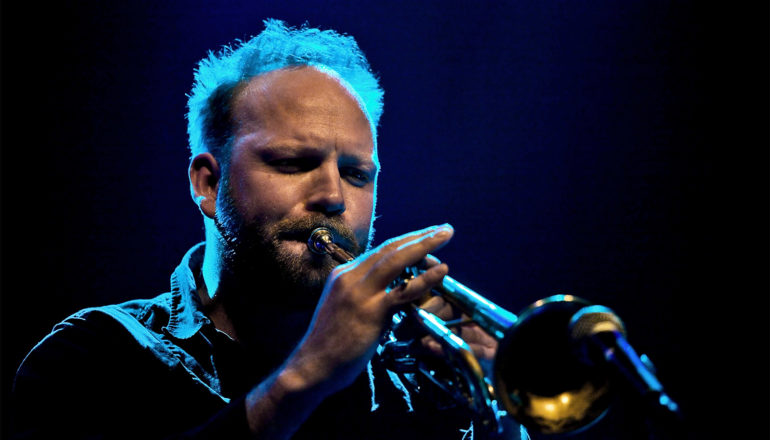Researchers are investigating what happens inside jazz musicians’ brains as they improvise music.
Although musical improvisation—composing new passages on the spot—is not unique to jazz, it’s perhaps the genre’s most defining element. While improvised jazz solos are spontaneous, there are rules, says Martin Norgaard, associate professor of music education at Georgia State University.
“In tonal jazz, improvisation is not ‘free,’” he says. “It’s always tied to the chord structure that the melody is based on.”
In other words, improvisation is an incredibly complex form of creative expression, yet great jazz improvisers like Charlie Parker, Miles Davis, or John Coltrane make it seem effortless.
“As a musician, you feel that there’s something different about the way your brain is working when you improvise,” says Norgaard, a violinist who came to the US in 1985 to study jazz. “You’re tapping all your stored knowledge and adapting it to a chord structure in real time.”
Getting into the flow of music
While earning his PhD from the University of Texas at Austin, Norgaard began studying the effects of musical improvisation: interviewing jazz artists and students about their thoughts during the process of improvisation, analyzing the solos of Charlie Parker for patterns, and asking musicians to perform a secondary task while improvising to see how it affects their performances.
Last spring, he teamed up with Mukesh…



